DEMONSTRATION-LEITMOTIV
January 2023Collective artistic research laboratory. Identity y diversity
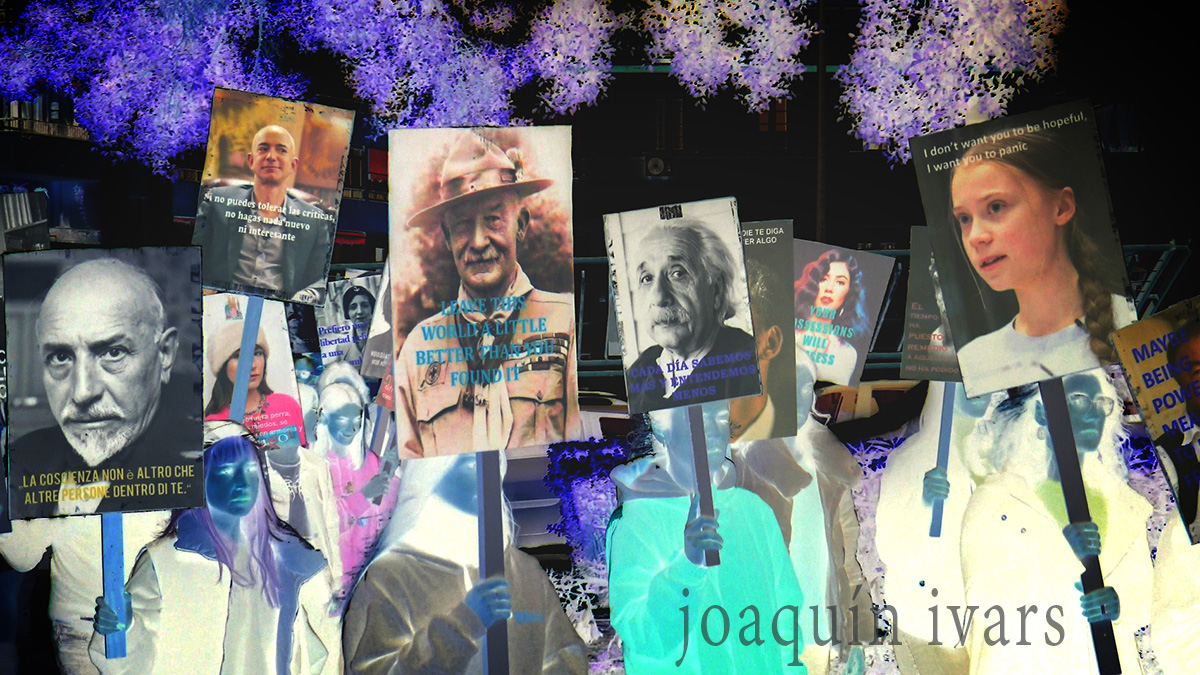
DEMONSTRATION-LEITMOTIV is an artistic research laboratory on identity and diversity, produced and directed by Joaquín Ivars, visual artist and professor at the Faculty of Fine Arts in Malaga. The project will be developed at the faculty itself in January 2023 with the participation of students and graduates. It includes a theoretical development and several conferences on the concepts of identity and diversity. A practical development and workshop work, the realization of a collective action in the street and the final exhibition of the results; physical material and banners, making off and final video recording of the artistic action.
It was recorded on January 23, 2023 in the vicinity of the El Ejido neighborhood and square in Malaga.
On December 23, 2023, the journal ARTXT publishes a special issue dedicated entirely to the development of the laboratory, which describes its entire process and includes the research articles that make up its theoretical framework.
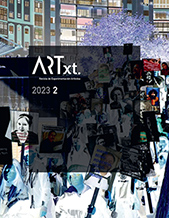
ARTXT no. 2
Journal of Artistic Experimentation, special and monographic issue dedicated to the workshop and work “Demonstration LeitMotiv”, at the Experimentation Laboratory of the Faculty of Fine Arts of Malaga.
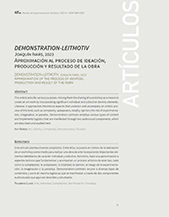
Joaquín Ivars
Demonstration Leitmotiv. Approach to the process of ideation, production and result of the work
Sharing the realization of a workshop as a means for the production of a work of art, incorporating important identity elements of an individual and collective nature. It also provides an approach to theoretical aspects that underpin and accompany an artistic process of this type, such as complexity, autopoiesis, totality, opinion, the risk of experimentation, imagination or paradox.
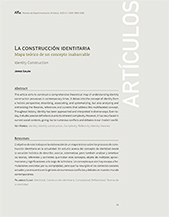
Jorge Galan
Identity construction: theoretical map of an unfathomable concept
The development of a theoretical map on the processes of identity construction today. A study of the concept of identity from the theories, references and currents that deal with this concept, which has been the object of multiple approaches and meanings throughout history. A concept that even today escapes concrete formulations due to its complexity, but which has re-emerged in current social contexts and is at the genesis of numerous conflicts and debates in our contemporary world.
Joaquín Ivars
Identity y Diversity
Does that thing we call “identity” identify us? And is it really ours or, as Godard said, “every child is a political prisoner” and we identify with something of which we are already prisoners? Are the limits of identity traversable? Is it polymorphic? If we identify with the actions or words of others, does that mean that they “represent our identity”? Or those that we are, and that we almost never know how to identify. Is it something more complex than we usually think? Is the plurality of voices that in which we often recognize ourselves with more ease, let’s say with more nakedness and less disguises?
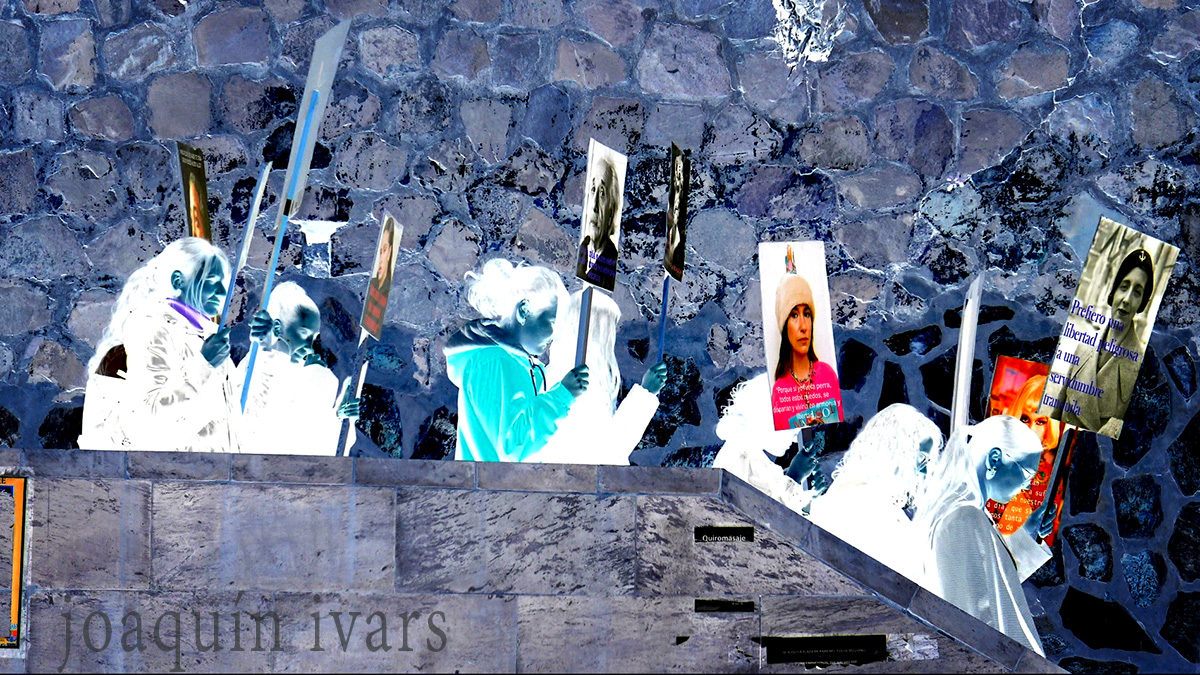
When we gather to demonstrate for an idea, a whim, a right, a demand, etc., we always do so as a collective with a common interest that we want to achieve. It is fine, it is legitimate and sometimes very desirable. However, behind each banner there are people who, outside of that “shared” moment, constantly show their difference. In ‘Demonstration-Leitmotiv’ we want to take joint action, each one in themselves, but all together, marching down the street and demonstrating with their banner what is closest to their being, to their personality, to what “makes them different.” Can we share this “difference”? As long as we take care of our privacy, of our way of seeing things without having to accuse anyone of anything except intolerance, we can accompany each other in a march that is only directed by individual wills. Here, no one leads, the format of the demonstration is designed for struggle, here we intend for it to become something else, a party in which each person celebrates their identity complexity and does so together with others. Difference will bring us together to proclaim ourselves “together in diversity”.
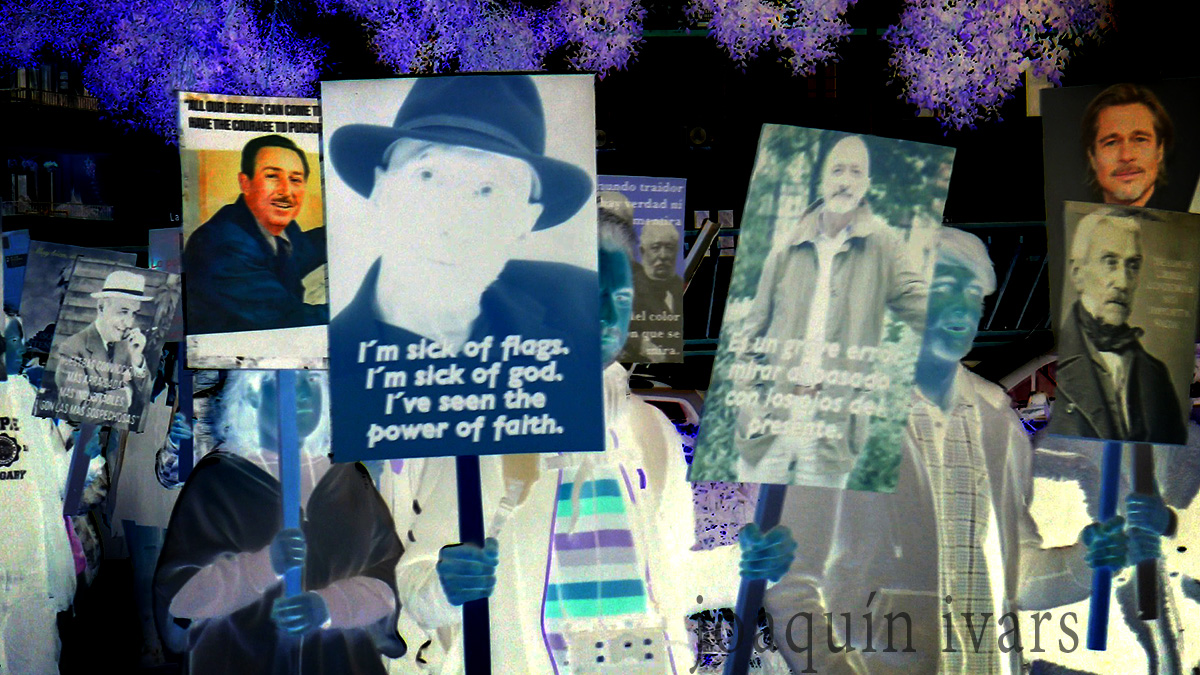
Perhaps there is a right that we have forgotten, that of being together while being different, and we will try to express it without it meaning aggression, but rather respect and good vibes. We know that it is difficult, we know that we have to change many prejudices, and we also know that not everything is worth it; but this artistic action in an academic context of experimentation and relationship with life is going to bring us together in this difficult challenge.
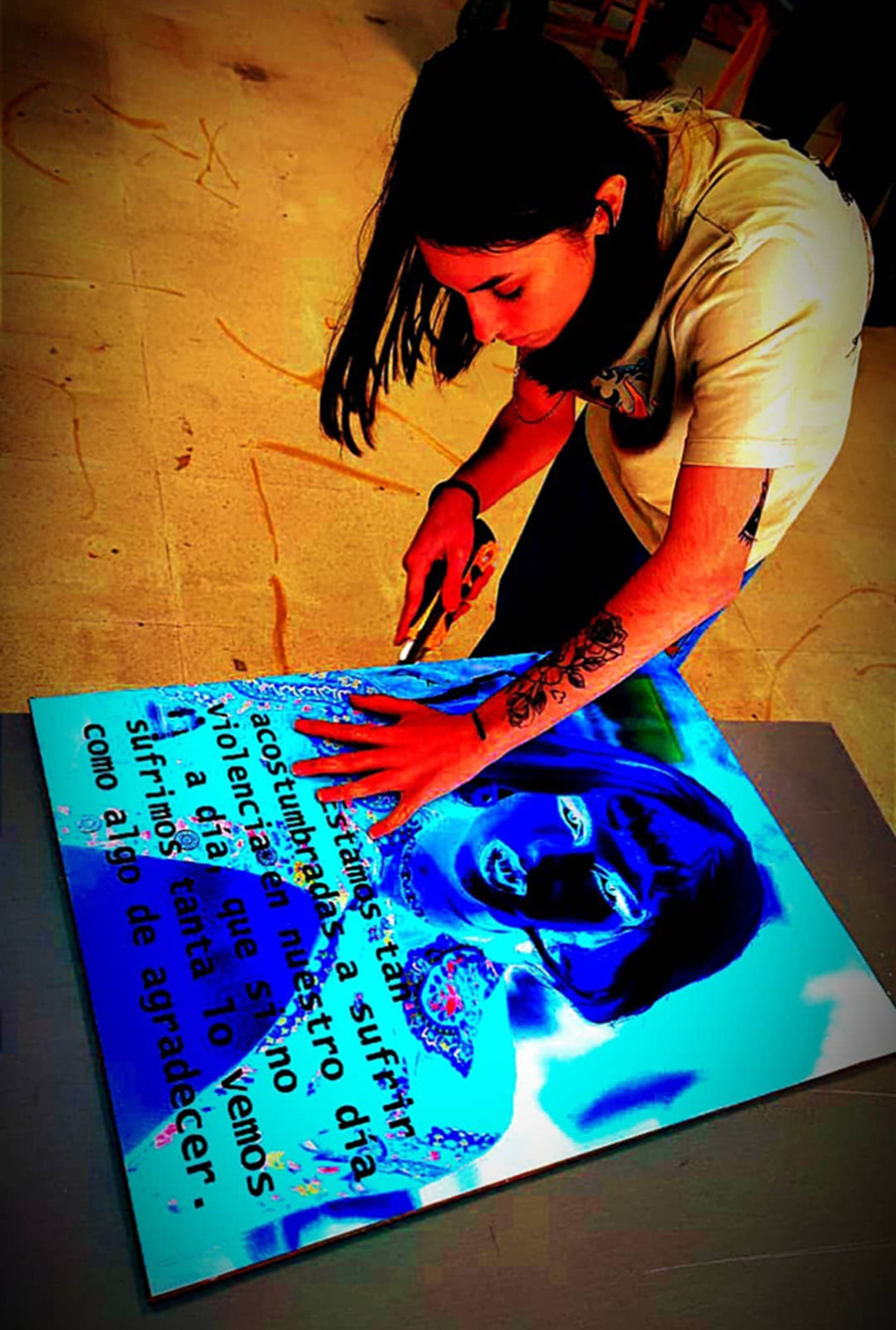
The Workshop will be held throughout the month of January 2023; in addition to the pre-production of the action and the video, there will be the collaboration of several conferences by artists and graduates of the Faculty of Fine Arts:
- Salvador García Pozuelo: «Liquid ruralities: new identities versus old imaginaries».
- Jorge Galán: «We are all born original and die copies», based on Carl Jung's aphorism.
- Cristina Sanz Martín: «The recognition of identity through nature».
Throughout this journey, as a media advisor, artist and editor, we are accompanied by Alicia Pérez Covaleda. This excellent team is joined by students from various subjects at the faculty, along with former students of Fine Arts and artists such as Antonio Payá and Elena García Otalora. The activity is open and also includes the incorporation of volunteers from outside the art world.
The results are later exhibited at the Research Laboratory of the Faculty of Fine Arts at the University of Malaga.
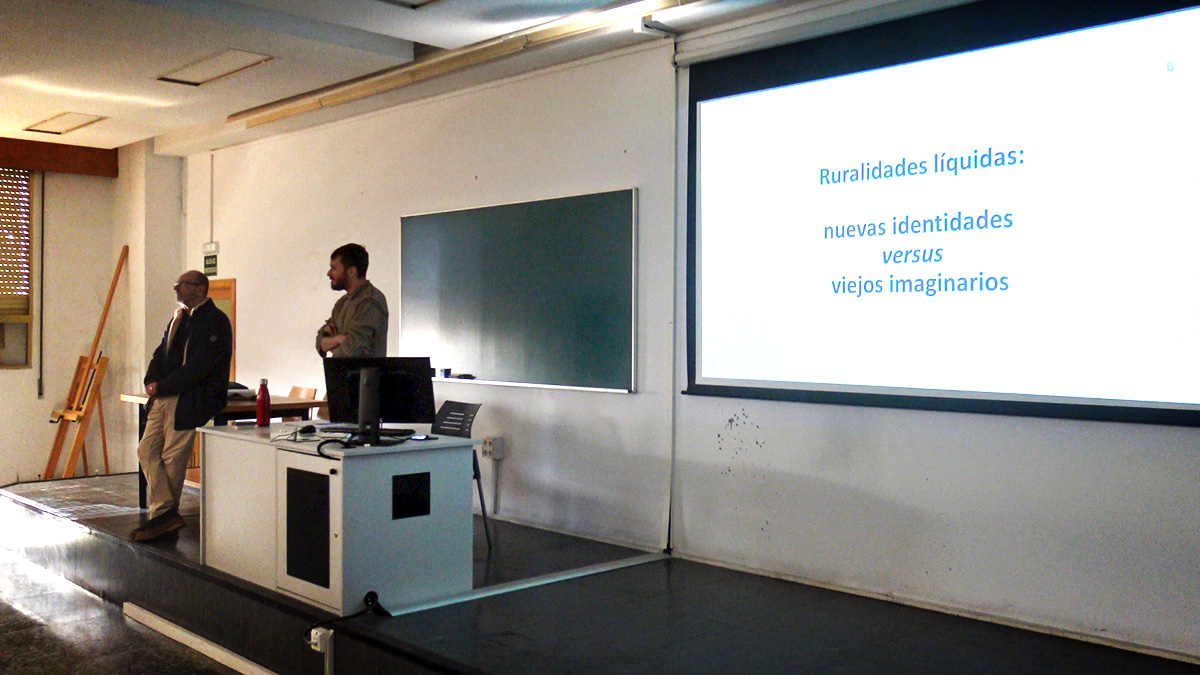
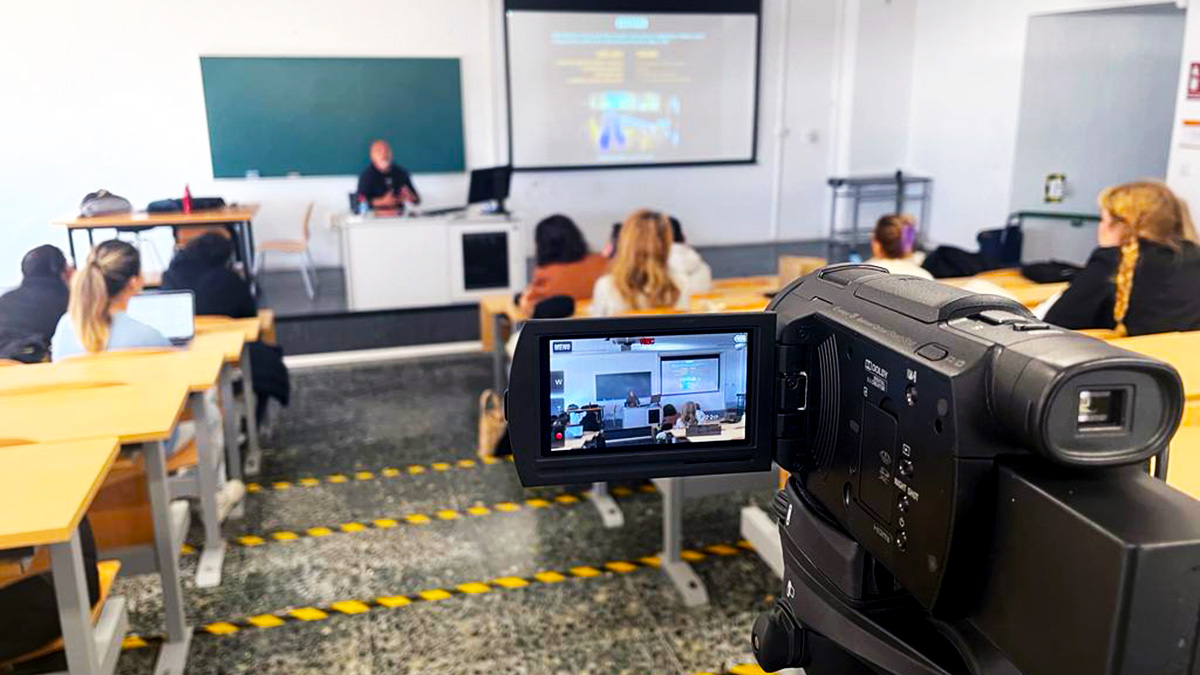
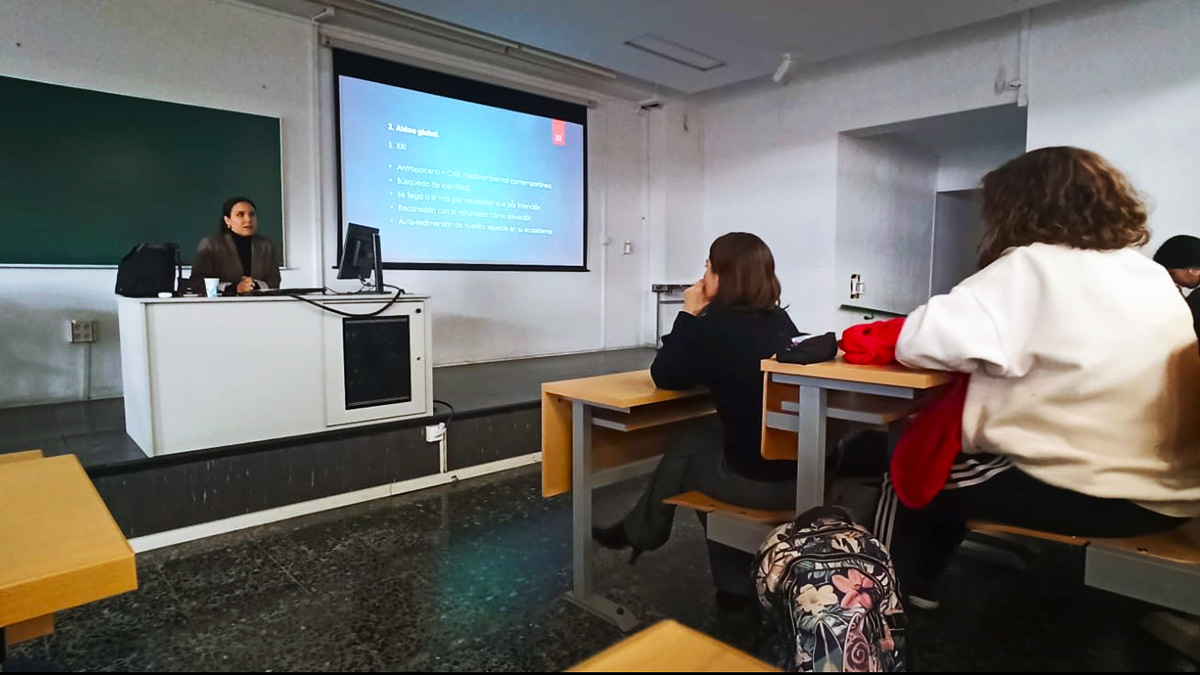
Jorge Galan
"We are all born originals and die copies"
Lecture on the concept of identity
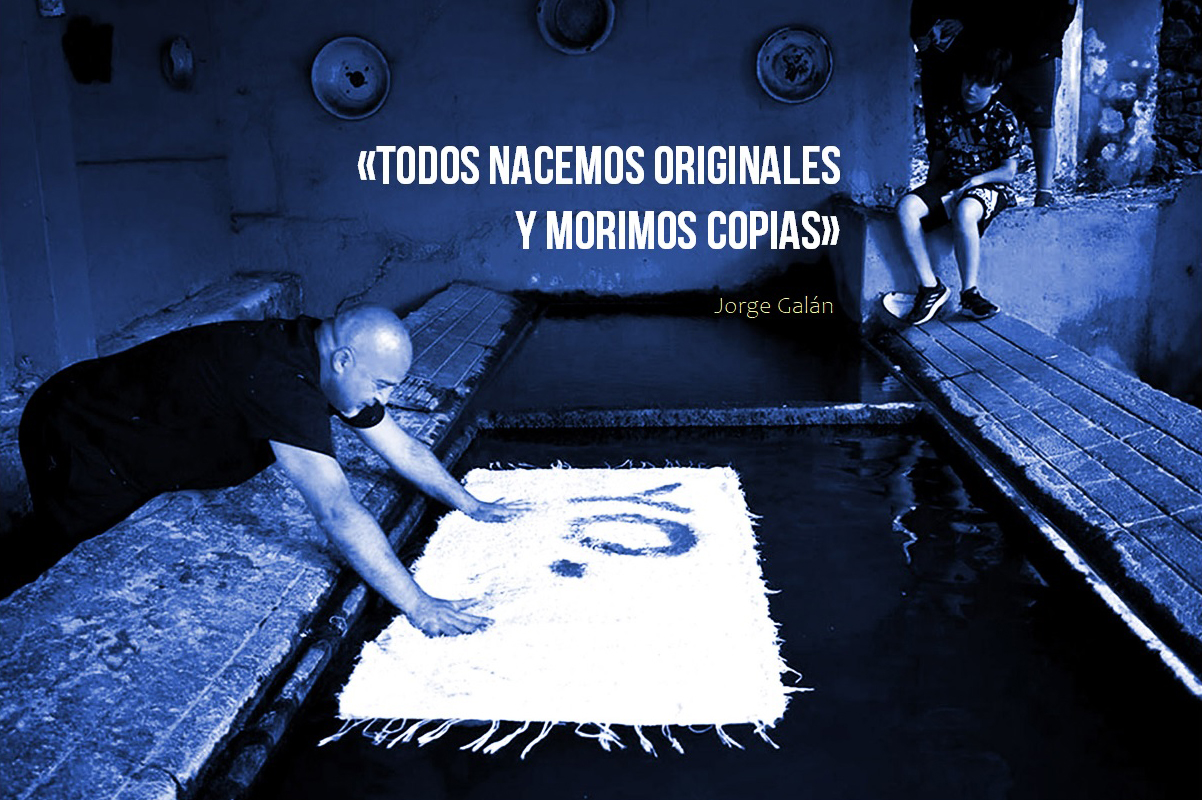
Identity is a multidimensional and fluid concept that is constantly changing throughout our lives. We often tend to reduce its complex polymorphism to the most stable features that appear on our national identification document (not identity document), such as name and surname, sex, nationality, date of birth, etc.
There are other facets of our identity that are less constant than our biological determination, but no less important. Identity is a subjective, personal and symbolic construction that is continuously shaped by our interaction with the world around us throughout our lives. The complex social framework in which we live and our own experience influence the management of information that comes to us from outside and our own emotions regarding it. It becomes - a posteriori - an important determinant of our own responses and behaviour. Identity has - for this reason - important individual and social implications.
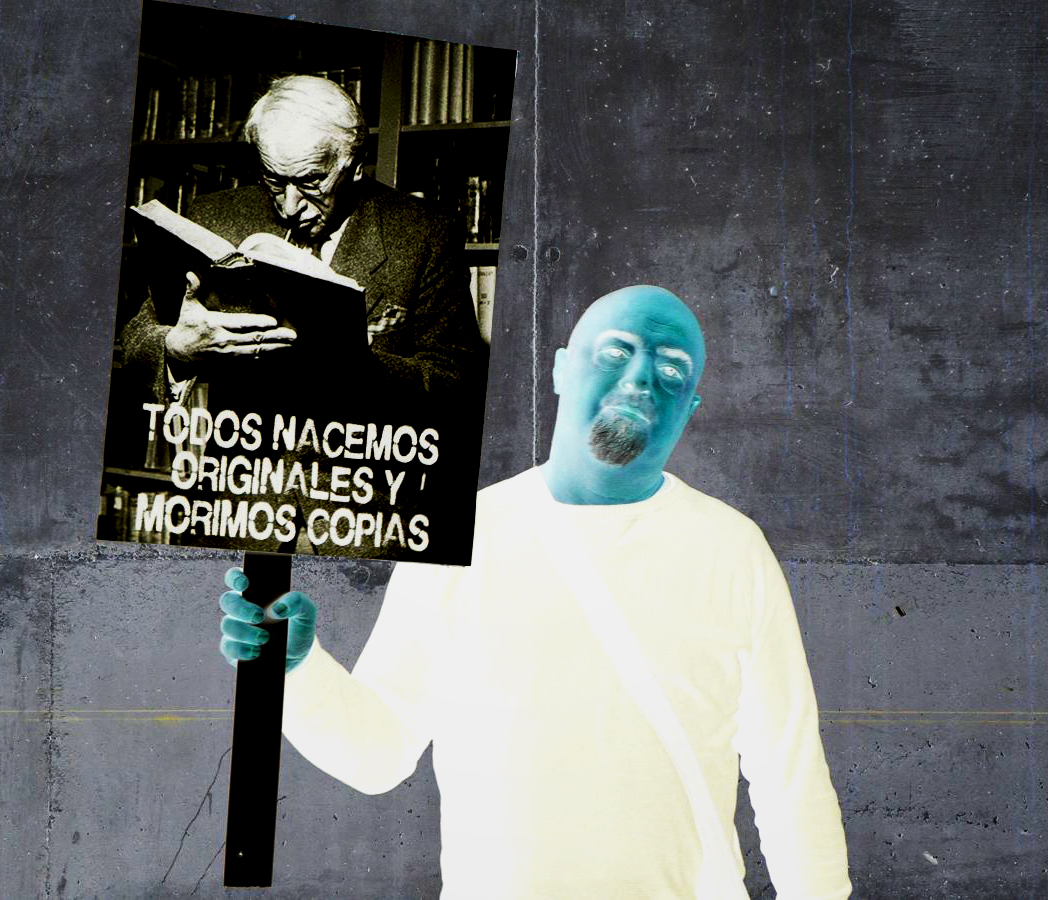
Identity is built -on the support of language- from a pair of psychological tools such as identification, -which encodes and categorizes the world by generalizing everything we know-, and differentiation, (which works in combination and in parallel) -and which allows us to interpret our sameness or essence differently from the rest-. Through identification we establish emotional ties through relations of equivalence and we incorporate attributes of others, which ultimately transform us. Consequently, we create categories in which we hope to fit and we hope that others will fit.
These identity categories encompass everything that is socially generalizable and establish a process of ordering the environment that allows us to locate ourselves (and for others to locate us) in the web of social relationships. They define us and establish our relationship with others with varying relevance, but they always influence our way of interpreting reality.
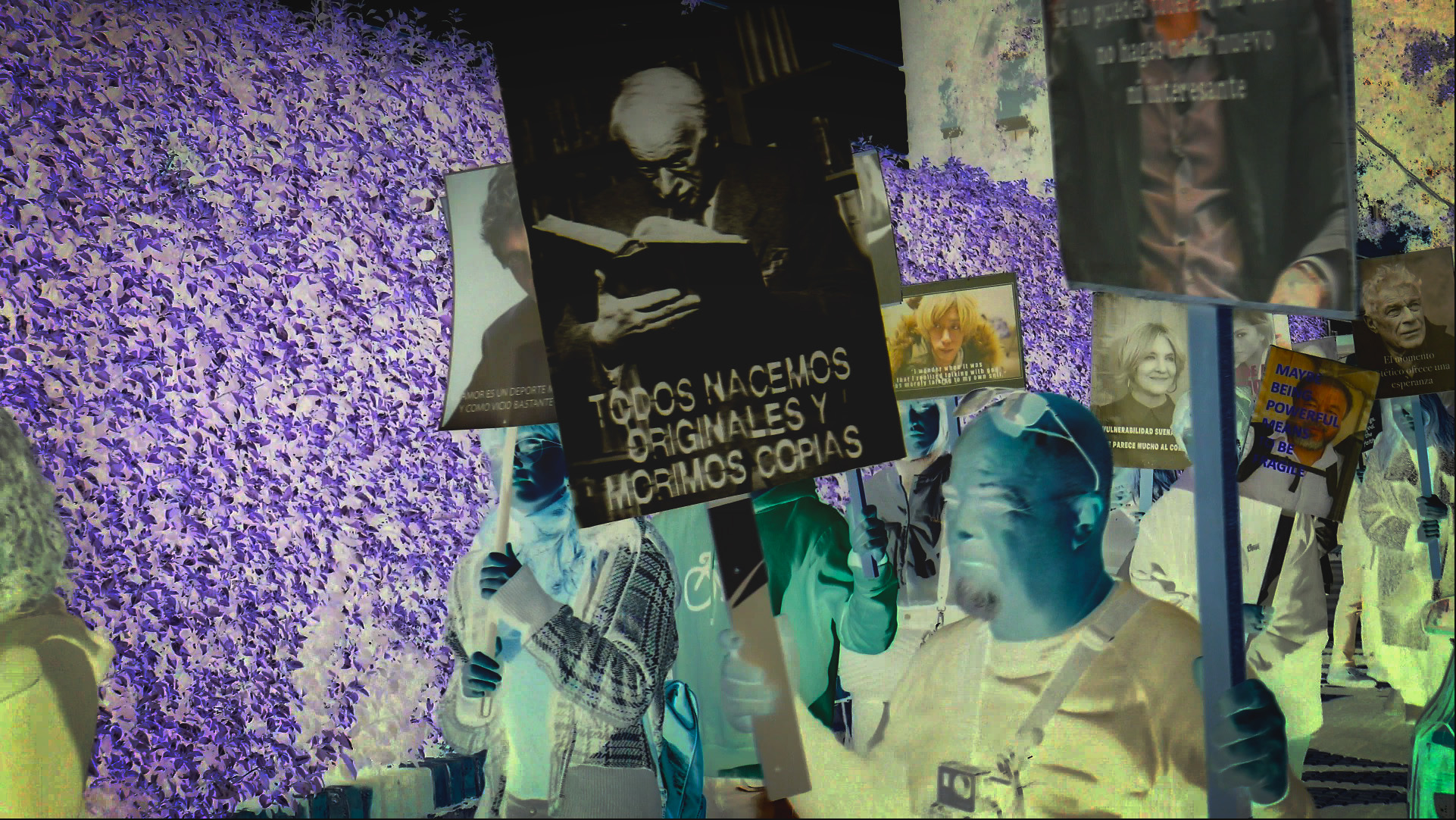
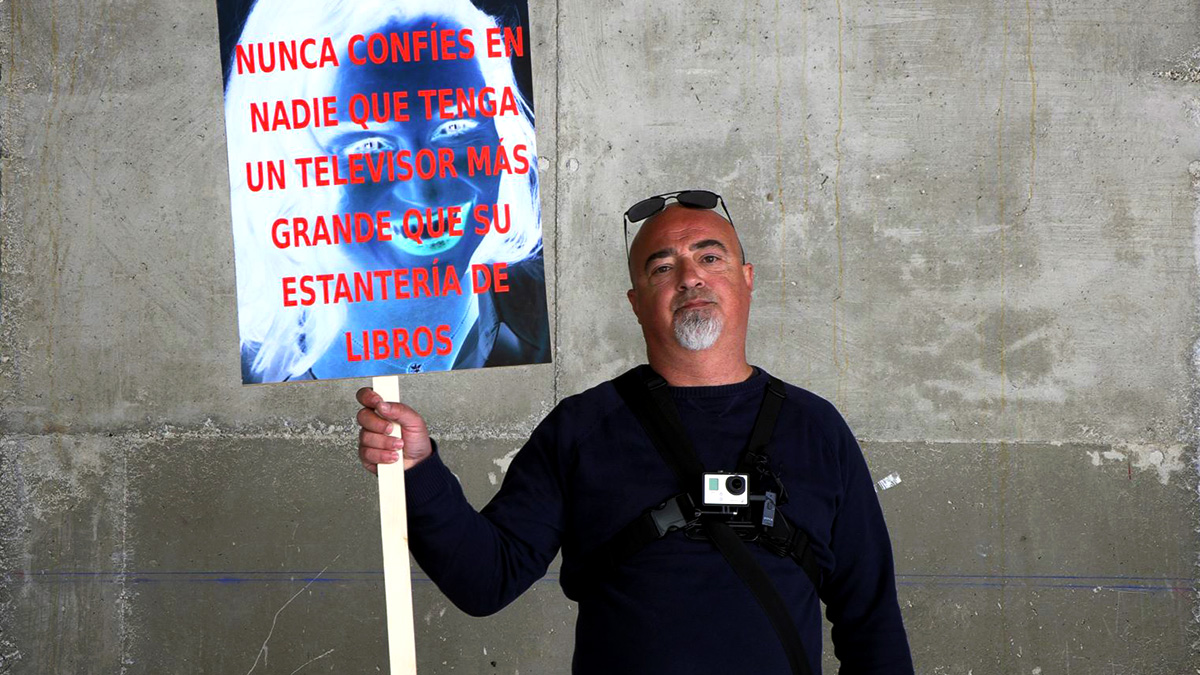
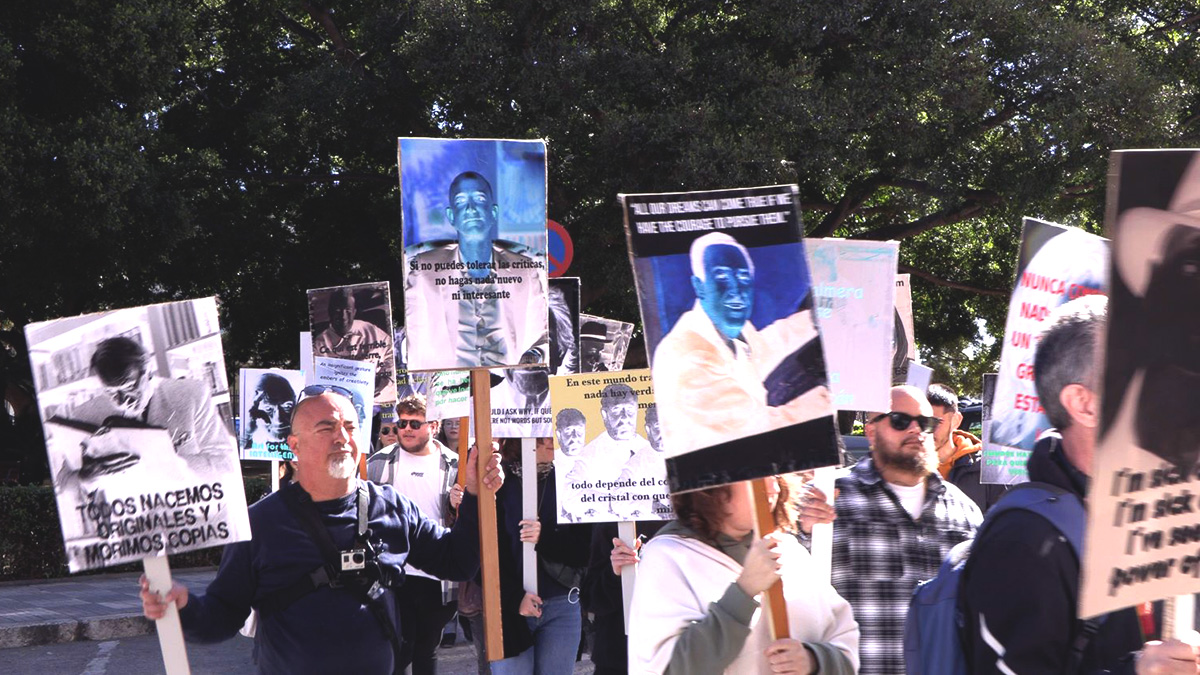
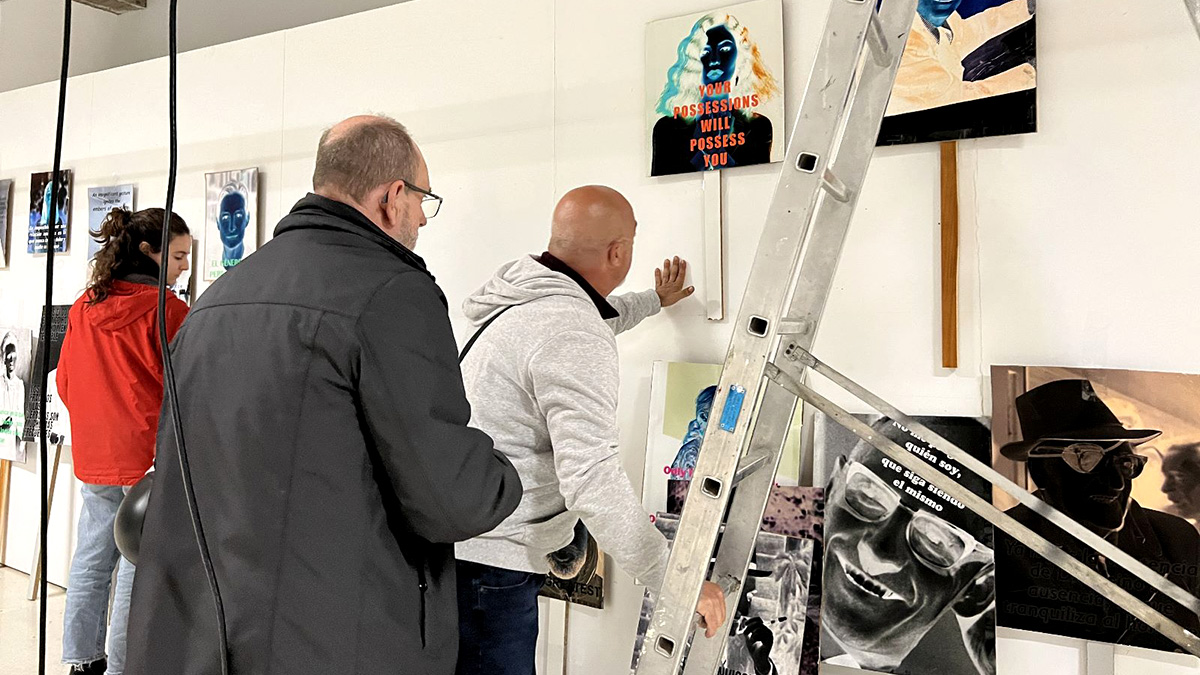
This categorization process can be based on physical appearance, personality, gender, age, ethnicity, territory, nationality, social class, language, religion, ideology, family role, activities, emotions, aspirations, property, traumatic experiences, romantic relationships, beliefs, leisure, conspiracies and an endless etcetera as extensive as our world.
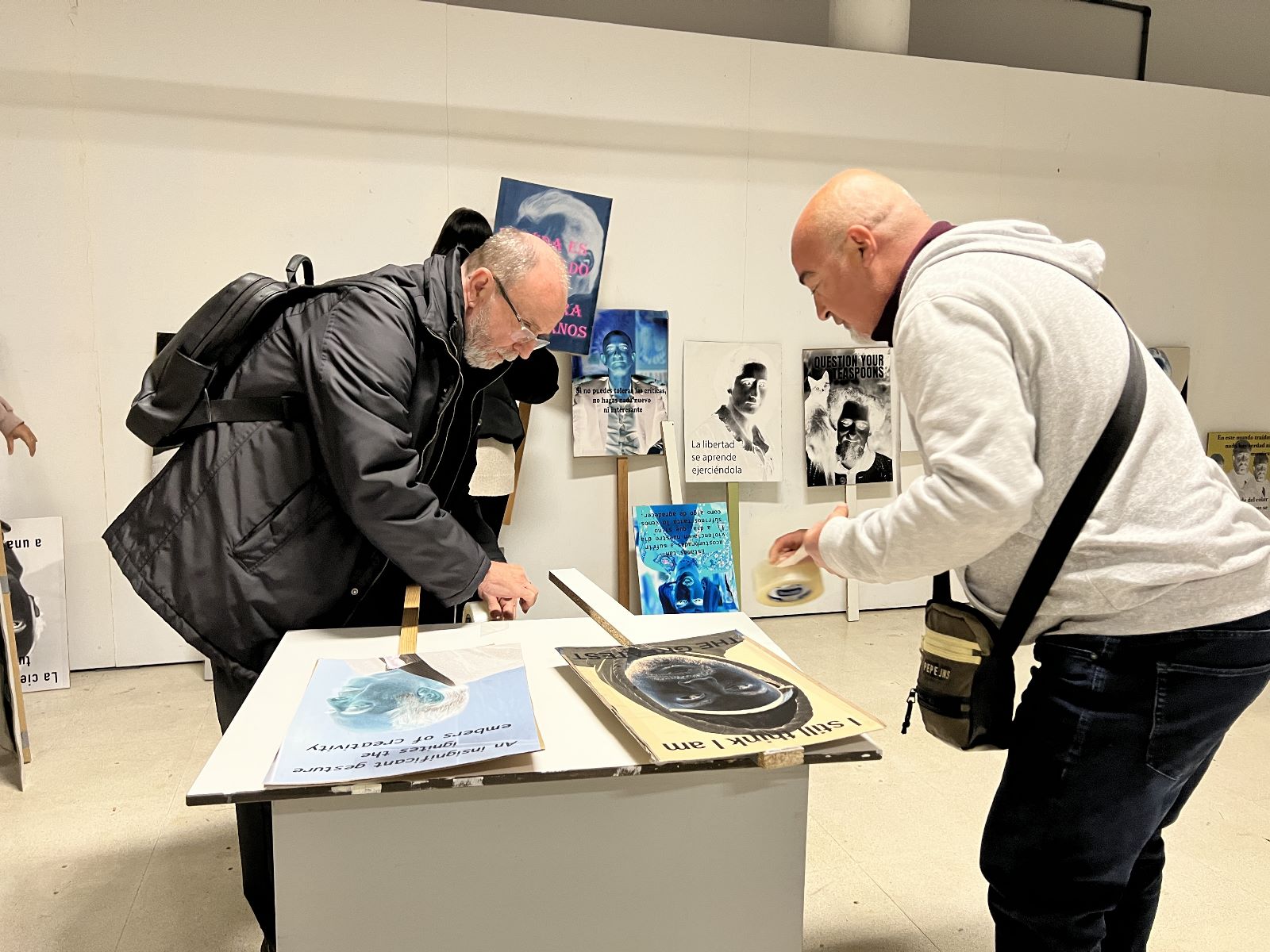
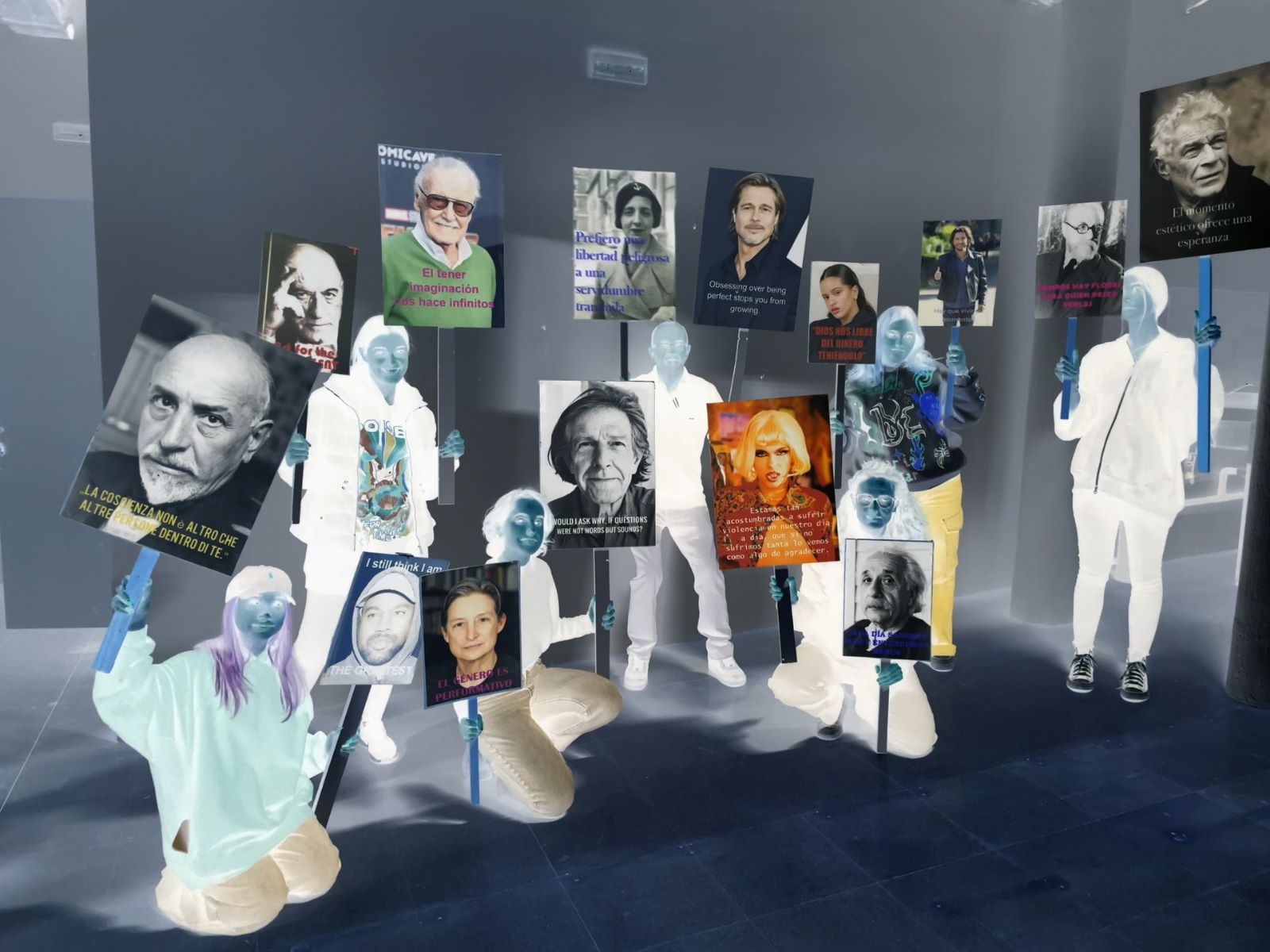
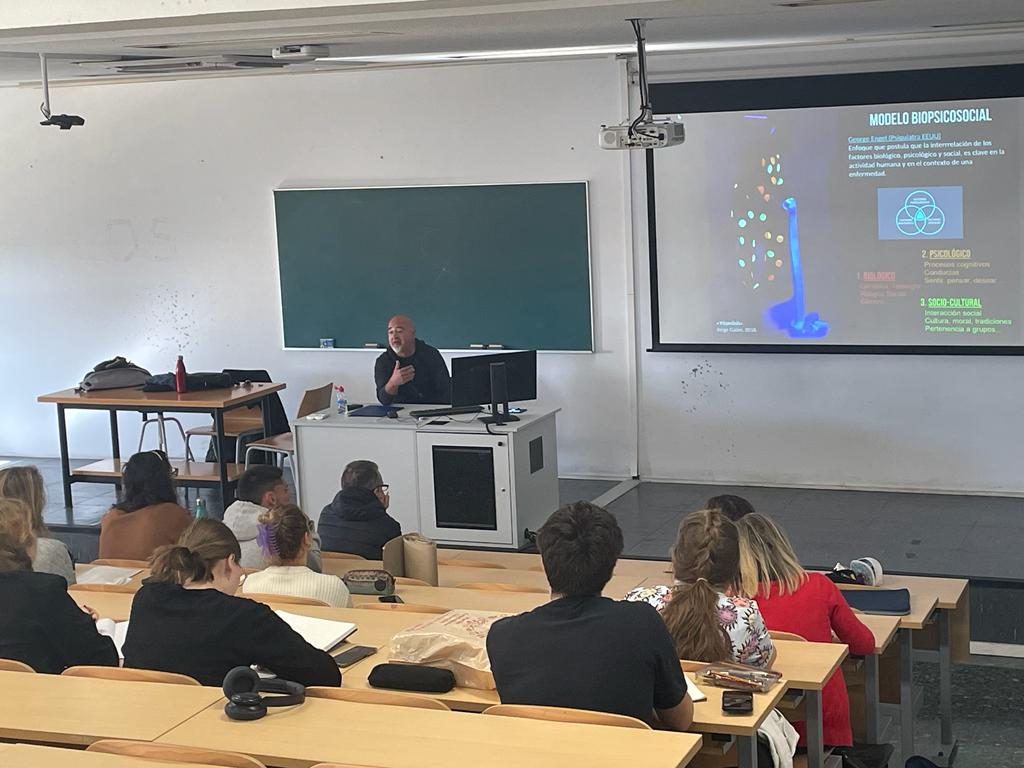
This categorization of the world ends up becoming part of us and modifies the way we manage information, emotions and our own interpretation of the world around us. Categories guide our behavior and our way of relating, and end up having tremendous implications in the configuration of our societies.
The relevant identification with some of these categories to which some groups surrender, ends up transforming into social boundaries and divisions, under the limitation of belonging/exclusion to these very categories.
Many categories can be constructed externally. Social or political agents can be key in the delimitation of collective boundaries and criteria of belonging. Artificial and self-serving exclusions can be constructed. The population with greater access to power is usually more likely to create identity categories that become dominant and that will have a greater impact on daily life. Categorization processes are closely linked to social inequalities. Hierarchies between groups are the result of attributing value judgments to discourses of difference. The definition of “other” groups in negative terms can serve to legitimize their discrimination and preferential treatment for members of the in-group. These are just some of the numerous individual and social consequences of identity processes in our current societies.
